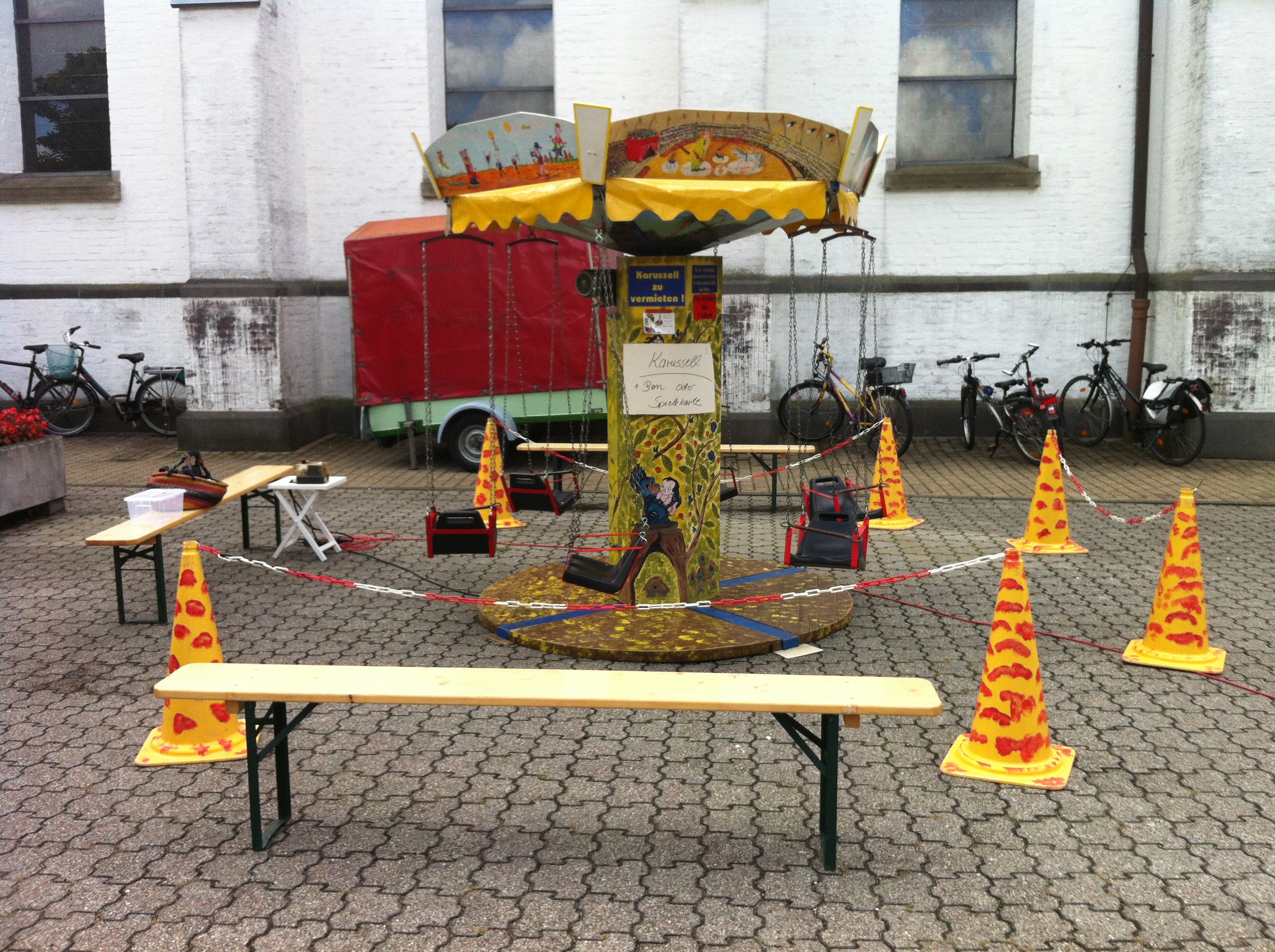- Step carefully through challenges to maximize your fortune in the exciting chicken road game.
- Understanding the Mechanics of the Chicken Road Game
- The Role of Strategy in Winning the Game
- Rewards and Risks of the Chicken Road Game
- Recognizing When to Stop
- The Community Aspect of Chicken Road Game
- Sharing Strategies and Tips
- Final Thoughts on the Chicken Road Game
Step carefully through challenges to maximize your fortune in the exciting chicken road game.
The allure of the chicken road game captivates many players, as it presents a thrilling adventure filled with both risks and rewards. Each step taken in this engaging game can lead to unexpected surprises, enticing players to push their luck while navigating potential traps along the path. With various mechanisms in place to measure success, players must exercise caution and strategy, ensuring they know when to push forward and when it might be wiser to stop and collect their winnings.
The idea behind the chicken road game revolves around a seemingly simple premise: players lead a chicken along a winding road where each step influences their potential gains. However, the path is fraught with traps that can end their progress abruptly, turning fortunes into losses in an instant. This delicate balance of risk vs. reward is what keeps players coming back for more, as every participant aims to maximize their fortune while minoring the risk they undertake.
A significant aspect of enjoying the chicken road game involves understanding its mechanics, strategies, and the psychology behind betting decisions. The temptation to continue pushing forward, driven by the thrill of potential winnings, can often cloud judgment. Thus, it’s crucial for players to develop a tactical approach to the game, focusing on how to navigate the road wisely while embracing the excitement of possibilities.
Understanding the Mechanics of the Chicken Road Game
The mechanics of the chicken road game are designed to keep players engaged and provide a richly rewarding experience. Players control a chicken that progresses along a path divided into multiple segments. Each segment presents distinct challenges and rewards that can dramatically influence the overall outcome of the game. At its core, the game thrives on unpredictability and chance.
One essential factor to consider is the nature of the traps embedded in the game. These traps can vary in severity, and understanding their mechanisms is vital for strategizing the journey. To put things into perspective, consider the following table that outlines some common traps and their effects on the game’s progress:
| Spike Pit | A sudden loss of progress | -50% Earnings |
| Slip Zone | Slows down progression | No Winnings Lost, Time Delay |
| False Start | Forces a restart in some cases | -100% Earnings |
Grasping the significance of these traps will help players navigate the chicken road with greater confidence. Therefore, players need to analyze traps carefully, adjusting their strategy based on the risks involved.
The Role of Strategy in Winning the Game
Strategy plays a pivotal role in the chicken road game. Developing a thoughtful approach increases the likelihood of maximizing earnings while mitigating losses. Players often benefit from analyzing prior experiences and outcomes, tailoring their strategies accordingly. This adaptability can mean the difference between minor victories and significant wins, especially when navigating potential traps.
Additionally, it becomes crucial to know when to take risks and when to play conservatively. Emphasizing this duality, players may consider using the following strategies:
- Risk Assessment: Evaluate each segment before proceeding.
- Exit Strategy: Determine in advance when to cash out.
- Historical Analysis: Reflect on past games to identify patterns.
Rewards and Risks of the Chicken Road Game
In the chicken road game, the rewards become increasingly enticing as players progress along the path. The potential to accumulate substantial gains can lead to exhilarating experiences; however, it is essential to be aware of the risks involved. Understanding this balance is key to enjoying the game without falling into common pitfalls.
The allure of big wins can often lead players to engage in reckless behavior, abandoning sound strategies for impulsive decisions. Therefore, the psychology of risk management comes into play. Players need to remain vigilant and evaluate their circumstances carefully. To illustrate the various outcomes of different risk levels, the following list highlights potential rewards associated with calculated risks:
- Low-Risk Path: Consistent, but smaller, rewards.
- Medium-Risk Path: A balance of solid returns and occasional losses.
- High-Risk Path: Potential for large winnings but with greater odds of losing altogether.
Recognizing When to Stop
A critical facet of engaging in the chicken road game involves knowing when to stop. Players must develop a keen sense of judgment, recognizing signs that it might be better to cash out than to continue risking what they have accumulated. This decision-making process is often fraught with emotions and pressure, which can ultimately lead to misguided choices.
Being aware of one’s limits and maintaining a clear head allows players to make rational decisions. If emotions begin to cloud judgment, stepping back to reassess the situation can be beneficial. Establishing personal limits and sticking to them can ensure that players enjoy the experience without incurring devastating losses.
The Community Aspect of Chicken Road Game
The chicken road game fosters an engaging community environment where players can connect, share strategies, and participate in discussions about their experiences. This social aspect can enhance the overall gameplay experience, as it offers players the opportunity to learn from each other’s successes and failures.
Communities often form around various platforms, including online forums and social media groups, where players exchange tips about navigating traps effectively and maximizing winnings. As players become part of a larger network, they can benefit from insights, advice, and strategies that have proven successful for others.
Sharing Strategies and Tips
Within these communities, players can share specific techniques that have helped them in the chicken road game. Some popular strategies may include adjusting risk levels based on the number of previous winnings or assessing the effect of specific traps on their progress. Players often find that collaborative discussions lead to improved gameplay.
Some effective tips shared among community members might include:
- Stay Informed: Regularly read about updates and changes in game mechanics.
- Practice Patience: Avoid rushing decisions when navigating traps.
- Seek Support: Connect with friends or fellow players for motivation.
Final Thoughts on the Chicken Road Game
Engaging in the chicken road game offers an exhilarating experience filled with opportunities for both wins and losses. Understanding the mechanics, recognizing traps, and developing effective strategies are essential for maximizing rewards while minimizing risks. Players must exercise caution, especially in emotionally charged situations, ensuring they know when to stop and secure their earnings.
By valuing community interaction and sharing insights, players can create a rich environment that fosters learning and growth. Ultimately, the chicken road game serves as not only an exciting challenge but also a testament to the thrill of strategic gameplay.

